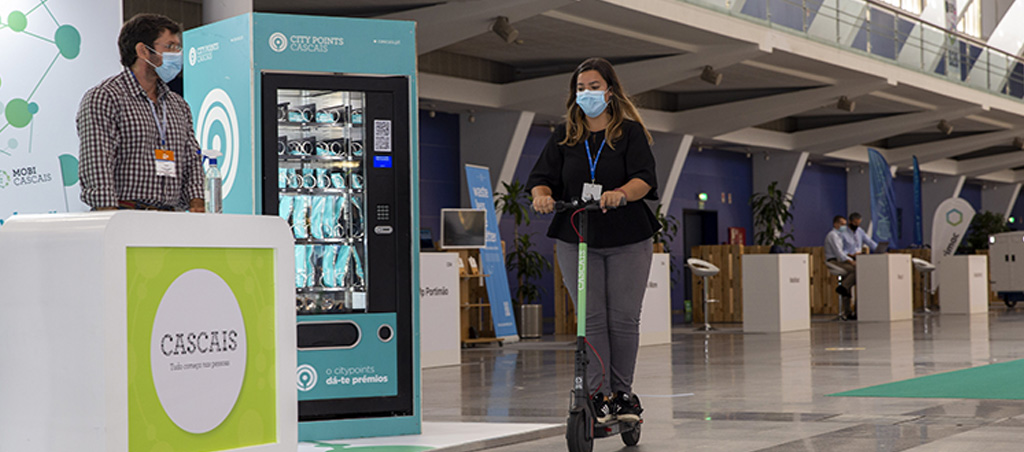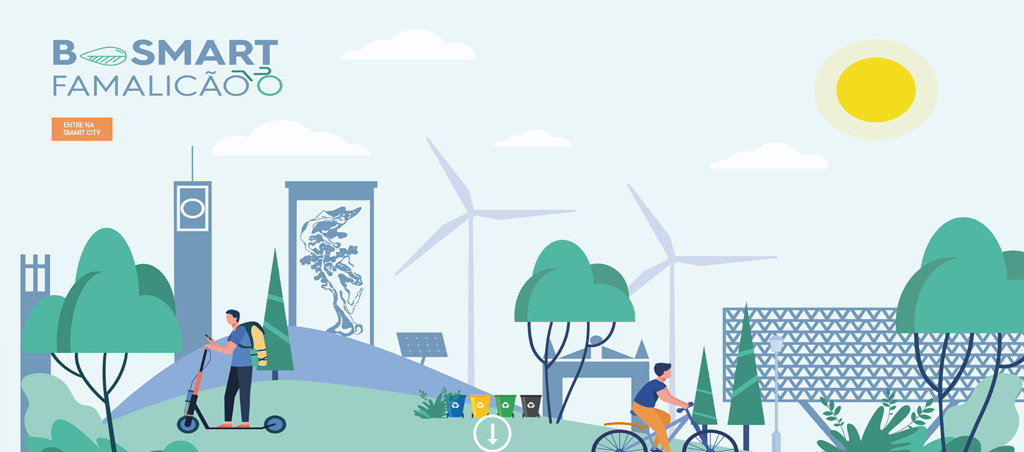The post-pandemic scenario, climate change, the impact of the war in Europe, and the consequent energy crisis driving inflation that shows no signs of slowing down, brought the urgency of coming up with new innovative strategies to solve the existing crisis and promise a better future. The many debates that have taken place and still do allow us to conclude that although the answer is not obvious and has limitations, sustainability and technology prove to be the two great engines of innovative solutions with the promise of a better quality of life for the inhabitants and of better management of cities. How? By betting on smart cities and making use of information technology.
Smart mobility can be an engine for environmental sustainability and can generate an economic and social ecosystem that is based on innovation, technology, and new companies that create jobs.
In Cascais, the first steps toward a smarter city are already being taken through innovative projects in the mobility sector.
The city has a pioneering model of free public road transport for residents, students, and workers of the municipality as a means of encouraging the use of public transport as well as other ways of transport such as soft mobility – like electric scooters. Users can access this network through an app, Mobicascais, available throughout the municipality. The municipality has also adopted the expansion of green spaces in the area as part of its environmental sustainability strategy. And it doesn’t stop there.
Three Portuguese start-ups are responsible for three different pilot projects that aim to improve smart mobility in Cascais.
Elena Ziller, Commercial Director at OpenMove, presented the company project as a sustainable transport solution. It aims to offer the population the possibility the freedom to move. OpenMove aims, through an app, to adjust the offer to different needs. To this end, flexible bus schedules will be made available so that it is faster to travel from point A to point B. As an alternative to the app, a contact center will also be created for the elderly population, offering a more personalized contact.
OmniFlow – another start-up, wants to improve the experience of residents at bus stops and attract more people to this type of transport. The solution is to use renewable energies, such as having a system of security cameras that provide aggregating data, so that it is possible to perceive the flow of people at the stops.
Lastly, the start-up Childfy – a shared trips project for school-goers founded by Juan Arevalo – aims to provide a service that allows families to have access to a carpooling system for their children. How does it work? The user can sign up through the app. It is a “closed” system, in which those who belonged to a particular school are enrolled. This means that no one “outside” will be able to sign up for the application or access the data and personal information. The start-up handles all the legal issues, and the families will need to sign a permit.
Projects that aim to make cities smarter add up. They are a step towards the future and represent Portugal as a SMART country that wants to do more for its inhabitants, while aiming and to open new markets and conquer entrepreneurs and investments.



